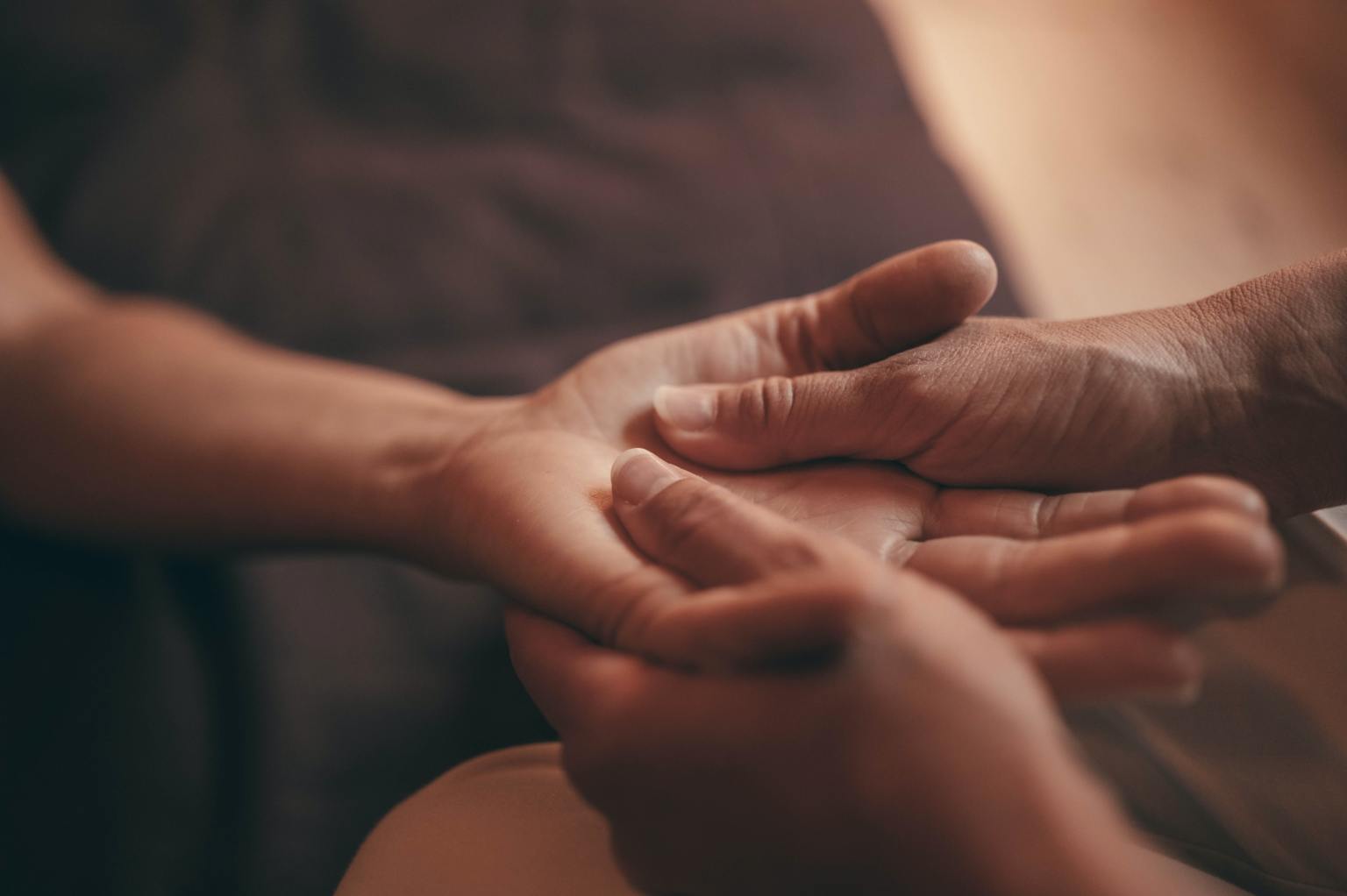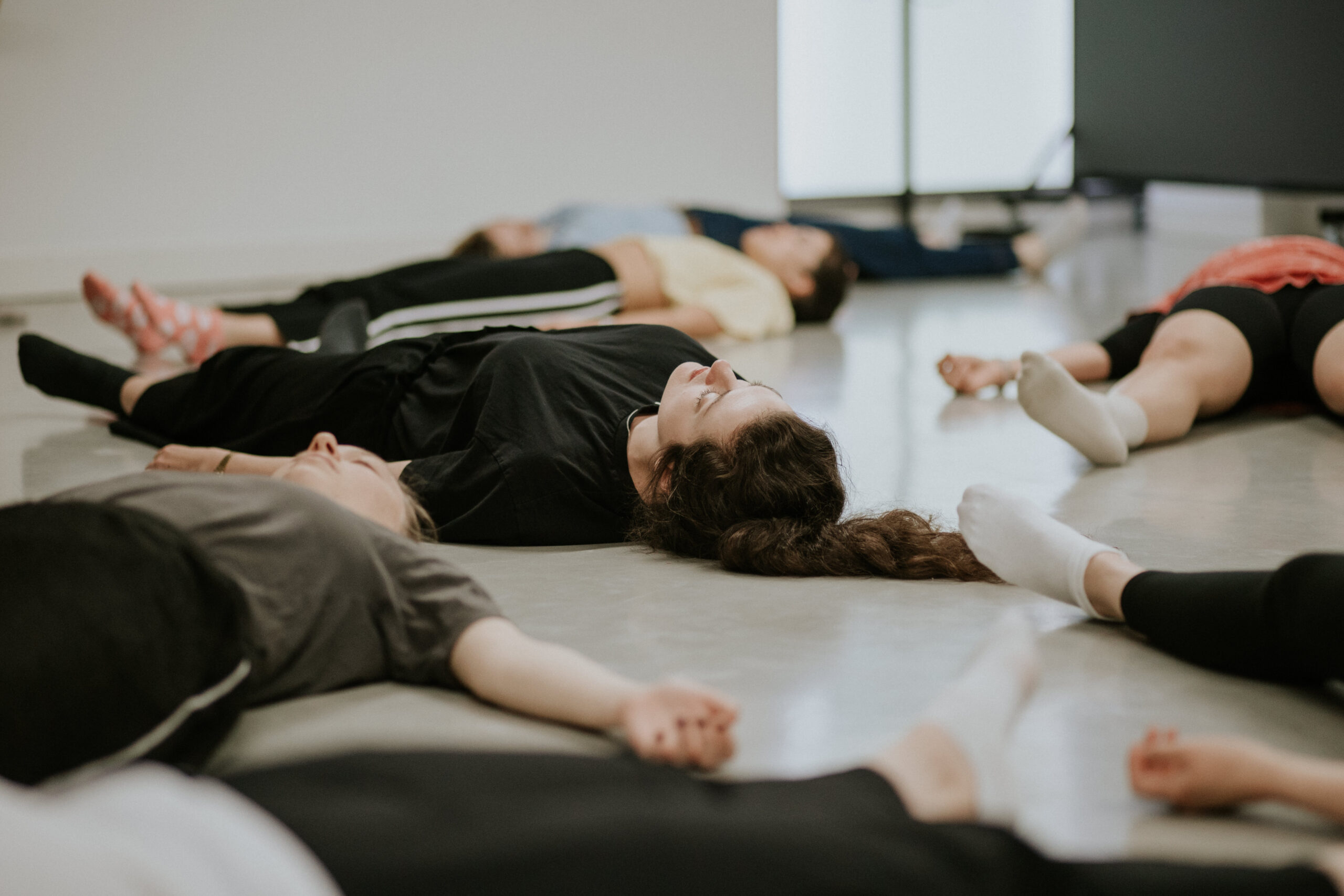Tips to help take care of your mental health during these uncertain times.
There is no doubt that the acting industry has seen significant changes throughout the COVID-19 pandemic. The closure of theatres has left many performers out of work and stipulations surrounding government financial support packages have meant that many actors have lost a substantial amount of their income. These challenges, in addition to our own personal circumstances, are likely to have had a significant impact on our mental wellbeing, and consequently our mental health.
A stable and predictable environment is essential in maintaining our psychological wellbeing. An unstable environment causes us to feel anxious because we feel lost and out of control. The instability and uncertainty surrounding the future, as well as adapting to the demanding behavioural expectations which have been placed upon us, can make it hard to remain positive and motivated.
In order to manage this ever-changing landscape that we find ourselves within, there are various practical actions which act as preventative measures to keep our mental health balanced.
1. Manage your expectations
We can’t expect ourselves or others around us to function in the same way that we did prior to the pandemic. The context of our lives is now very different, as such there will be behavioural adaptions which accompany this. It is ok if you don’t feel motivated at the moment. Allowing ourselves to respond to this situation in a way that feels natural to us, will help to alleviate any feelings of guilt or anxiety that may arise.
2. Create a routine
This might be very different from your pre-COVID routine but having a routine is the bedrock of healthy psychological functioning. It helps to create stability and predictability in a world which feels unstable right now.
3. Set boundaries
Setting boundaries which feel appropriate for you is vital whilst there are additional stresses to contend with. The best way of doing this is to establish what you need first, then calmly communicate it with those around you. Communicating your needs before you become overwhelmed can help to circumvent potential strains on your relationships which might occur as a result of the lockdown. We are not accustomed to spending so much time around the same people and therefore it’s natural that our relationships might challenge us during this time.
4. Practice grounding techniques
Grounding techniques and mindfulness can be incredibly helpful when we are feeling stressed and overwhelmed. There are various techniques that you can find online but one of the simplest is to just focus on your breath, wherever you are. This brings you into the present moment. A good walk is a great way to de-stress, especially if you do it mindfully, focusing on what you can see, hear, smell and touch.
5. Communicate with people
The cathartic release of talking to someone during these times cannot be underestimated. If you’ve found the lockdown hard, perhaps choose a friend that you feel comfortable talking openly with and organise to speak regularly to check in on each other. It will be beneficial for both of you.
Many actors feel very frustrated with the pandemic and there’s no denying that this is a frustrating time. However, there are certainly some positives that we can take from this situation.
The reality that all auditions are now taking place via online platforms has the potential to revolutionise the acting industry. Rather than having to negotiate a day off work at short notice and spending a fortune on travel to attend an audition on the other side of the country, actors can now realistically audition during their working day. This makes having an acting career financially viable and logistically manageable.
Furthermore, many drama schools are now offering online training, making their courses far more accessible than they have ever been previously. In addition to online training, there are workshops, mentoring and competitions all taking place online. Perhaps now is a good time to take advantage of learning to act at institutions which might not have been accessible previously. Not only will you be improving your acting skill but acting classes can be good for your mental health too. Classes involve; integration with others, learning new skills, an opportunity to focus your attention on something positive which can enhance your offering as an actor, and gives you a sense of achievement and fulfilment. All of these factors can contribute towards facilitating good mental health.
Some of us may feel stretched to our emotional limits throughout this pandemic and at times it may feel too much to manage on our own. If you are struggling with your mental health, contact your GP or visit the NHS mental health helpline page, which details various mental health charities and helplines in the UK.
 Charlotte Armitage is a psychologist and psychotherapist specialising in psychological duty of care within the film & TV industry. Charlotte is also the managing director of Yorkshire Academy of Film & Television Acting (YAFTA) and YAFTA Talent Agency.
Charlotte Armitage is a psychologist and psychotherapist specialising in psychological duty of care within the film & TV industry. Charlotte is also the managing director of Yorkshire Academy of Film & Television Acting (YAFTA) and YAFTA Talent Agency.
You can find out more about Charlotte and her work at www.charlottearmitage.co.uk.
Main image by Conscious Design via Unsplash.



















